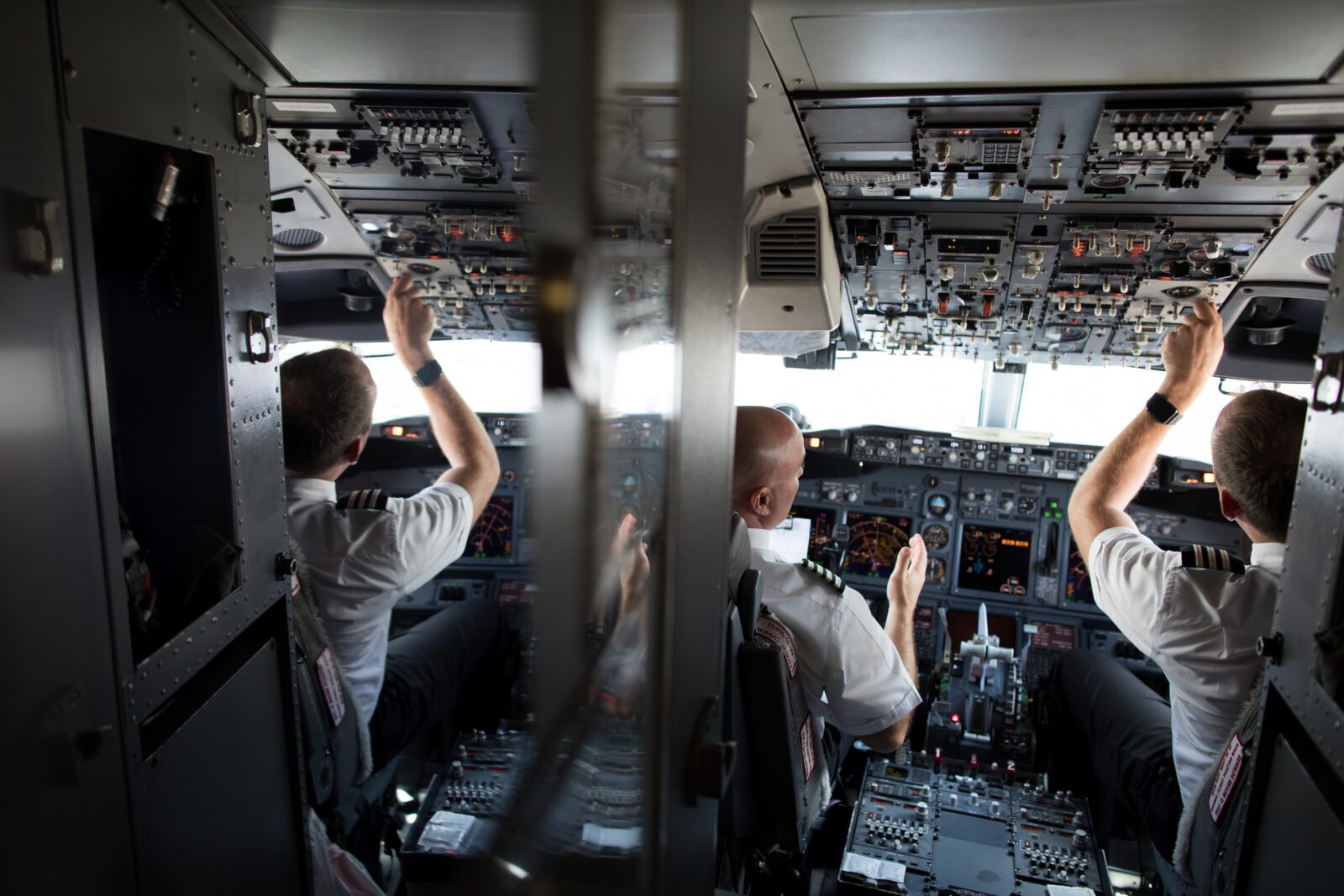
A federal appeals court has ruled that the union, which represents more than 9,000 pilots at Dallas-based Southwest Airlines, can sue the carrier over allegations that it threatened an elite group of so-called ‘check pilots’ in a bid to stop them from engaging in union activities.
The Southwest Airlines Pilots Association (SWAPA) first filed suit against the airline in 2021, alleging that Southwest had “unlawfully interfered” with the union, but a lower court dismissed the complaint after Southwest’s attorneys argued that the case should be dealt with through binding arbitration.
On Monday, however, the United States Court of Appeals for the Fifth Circuit ruled that SWAPA could, in fact, sue the airline in a 3-0 victory for the union after it proved sufficient anti-union animus.
The case focuses on Southwest’s treatment of a “special category of pilots who work closely with Southwest’s management and who are responsible for the training and evaluation of other pilots.”
Known as ‘check pilots,’ these specially trained aviators evaluate and certify the knowledge of other pilots.
Of the more than 9,000 pilots at Southwest, only 300 are selected to be Check Pilots, and just 30 of those attain an even higher level of ‘standards check pilots’.
SWAPA accused Southwest of isolating Check Pilots from union participation, alleging that the airline threatened to remove Check Pilot qualifications from anyone who chose to affiliate with the union.
In 2018, SWAPA created a Check Pilot Committee in a bid to improve its representation of Check Pilots, but this decision allegedly led to an “aggressive attack” by the airline, which resulted in a senior pilot being stripped of his Check Pilot qualifications because he joined the union’s committee.
Captain Timothy Roebling joined the Check Pilot Committee in June 2019 but it wasn’t long before Southwest “shunned him, took him off projects, and stopped engaging with him on new projects.”
In making its decision to allow SWAPA to sue Southwest, the appeals court had to decide whether the dispute between the two sides was ‘minor’ or ‘major.’ A minor dispute under the Railway Labor Act normally has to be dealt with through binding arbitration, whereas a major dispute can result in a lawsuit.
The appeals court agreed with the lower court that the dispute was minor and would ordinarily be dealt with through arbitration but ruled that SWAPA could still sue Southwest because the union had successfully argued that the animus exception applied in this case.
A spokesperson for Southwest says the airline was “evaluating our options” following the court’s ruling.
Related
Mateusz Maszczynski honed his skills as an international flight attendant at the most prominent airline in the Middle East and has been flying ever since... most recently for a well known European airline. Matt is passionate about the aviation industry and has become an expert in passenger experience and human-centric stories. Always keeping an ear close to the ground, Matt's industry insights, analysis and news coverage is frequently relied upon by some of the biggest names in journalism.







